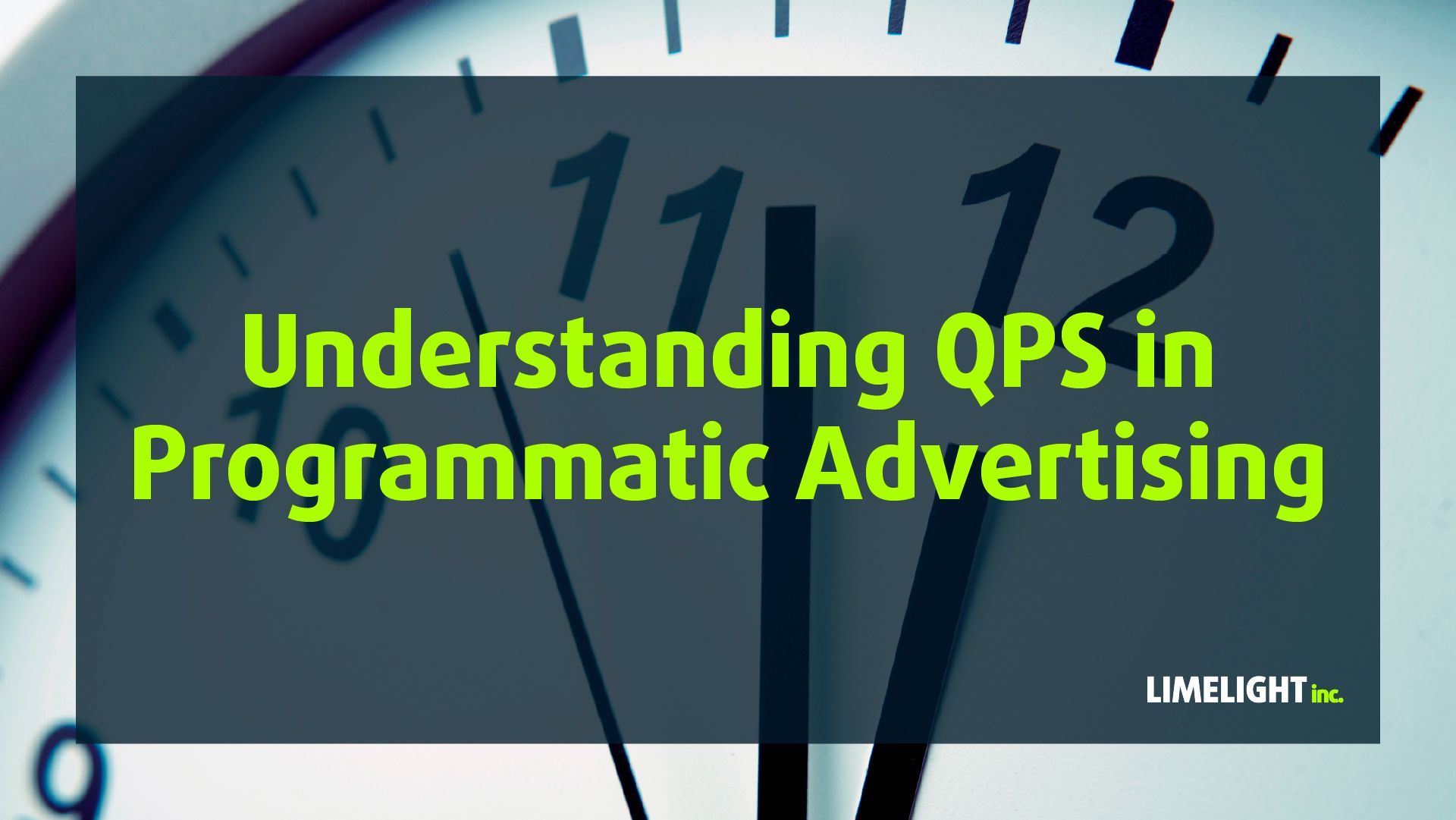The privacy ecosystem: What’s next for Chrome and cookies?

It has been four years since Google announced their original intention to phase out third-party cookies. And it has been a few months since, in July, they ultimately backtracked on the decision. Since the turnaround announcement, Google has pledged to introduce a new experience in Chrome that enables people to make an informed choice that applies across their web browsing, and we are still waiting for that.
So where do we go now, as an industry operating in the shadow of Google? Do we slide back to where we were four years ago, with certain adjustments? Or have we all - including Google - glimpsed a better path forward?
Where next?
In the short term, Google’s decision has obliged the adtech world to get over the countless hours it has spent planning for a future that hasn’t transpired. While third-party cookies may have survived, the trauma of its slow apparent demise will surely live on in some people’s nervous systems.
The longer-term impact, of course, depends on the details of Google’s new privacy approach, and how much it impacts the digital advertising ecosystem. A great deal also depends on the development of the browser landscape: Safari hasn’t accepted third-party cookies in a long time, and a lot of content consumption is happening in Safari, in-app browsers, CTV, gaming consoles and so on.
So as new privacy applications emerge, it is unlikely that digital advertising will return completely to business as usual. Hopefully, Google will learn from the past and actively listen to industry views before future deadlines are put in place. Undoubtedly, it will continue to develop new privacy-focused technologies, such as its Privacy Sandbox initiative, and we will see an ongoing shift towards more transparent and user-centric practices.
Google has backtracked, but privacy is still crucial
Privacy remains a key issue in the digital ecosystem, and we can be certain all those impacted await Google’s eventual proposal with interest. Detail is currently lacking around how a user’s choice might be implemented in Chrome. Will it be auto opt-in or auto opt-out? I suspect the latter.
Either way, in the meantime, businesses should continue to build solutions based on data they can consider their own, rather than hope they will be able to still use a cookie to track users.
Browsers such as Safari and Firefox already restrict third-party cookies which places an importance on brands needing a robust privacy-centric strategy. In a privacy-first world, if businesses are to thrive, the time to act is now. Adopting a cross-browser strategy is non-negotiable, ensuring consistent reach and performance.
In the short term, there may be breathing space for the industry, particularly for publishers, but in the long term, everyone should continue to invest in first-party data. Privacy concerns will only increase, so it’s unwise to depend on a solution that is out of your control.
We have seen signal loss across all major platforms (e.g. Meta and Apple), and this will only continue. What’s more, first-party addressable data and other methods of targeting will continue to drive higher performance than cookies. Large corporations and SMEs alike should place focus on how they educate consumers about their respect for privacy and the measures they are taking.
Changes to privacy requirements can come from anywhere - ICO, Google, Apple - so it’s vital for the industry to remain consistent and to resist regarding Google’s U-turn as a signal to return to what was comfortable.
Google has announced it will give consumers a choice by ‘letting them make an informed choice that applies across their web browsing, and they are able to adjust that choice at any time’. If they follow Apple, this may be a pop-up on Chrome on first use, which won’t prompt the user to change if they choose to reject at first, despite having the ability to. This could, therefore, have the same impact as cookies being removed.
Just because Google hasn’t killed off cookies doesn’t mean the past four years never happened. A more privacy-conscious web is under construction, and it will be very like the one we have been preparing for all along.



